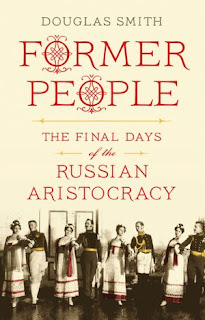 founder of Take Your Child to a Bookstore Day, and the chair of International Thriller Writers’ Debut Authors Program.
founder of Take Your Child to a Bookstore Day, and the chair of International Thriller Writers’ Debut Authors Program.Milchman's new novel is Cover of Snow, her debut.
Recently I asked the author about what she was reading. Her reply:
First I should say that it is a shock (to me anyway) that I am reading fiction now at all. That’s because I am in the throes of writing a new novel, and when I write a first draft, I usually don’t read fiction. For a few reasons: fear of my voice getting clogged or diluted; the feeling that if deprived of fiction, that frustration winds up as energy in my own story. But mostly this practice of avoiding fiction is due to a superstitious belief that it is somehow important to my process. So when an opportunity arose that compelled me to read not just some fiction, but a lot of it, I decided to challenge my tendencies to knock on wood, throw salt over my shoulder, and…not read fiction.Visit Jenny Milchman's website.
Well, when I challenge a superstition, I really challenge a superstition. I’m not just reading one novel, dipping my toes into the fictive waters as I write. InsteadI’ve read or considered almost 300 over the past couple of months. Yes, I am judging a contest. Clearly, I can’t say much about this, but I will describe one book that stands out in my mind. Breed by Chase Novak made me cry out loud. COL. (You know, instead of LOL?)
In some ways this is a book we’ve seen before—those of us who have read Rosemary’s Baby at least—but it delivers such a twist on the idea of woman-carrying-an-evil-fetus that it is really its own book. It’s also an exploration of the cultural trend toward having babies later in life, and the fertility risks that carries. Like all the books I love most, Breed takes something very real and turns it just one notch beyond the possible. At least, I don’t think the events it describes are possible. Please read it and decide for yourself.
My Book, The Movie: Cover of Snow.
The Page 69 Test: Cover of Snow.
--Marshal Zeringue






















































